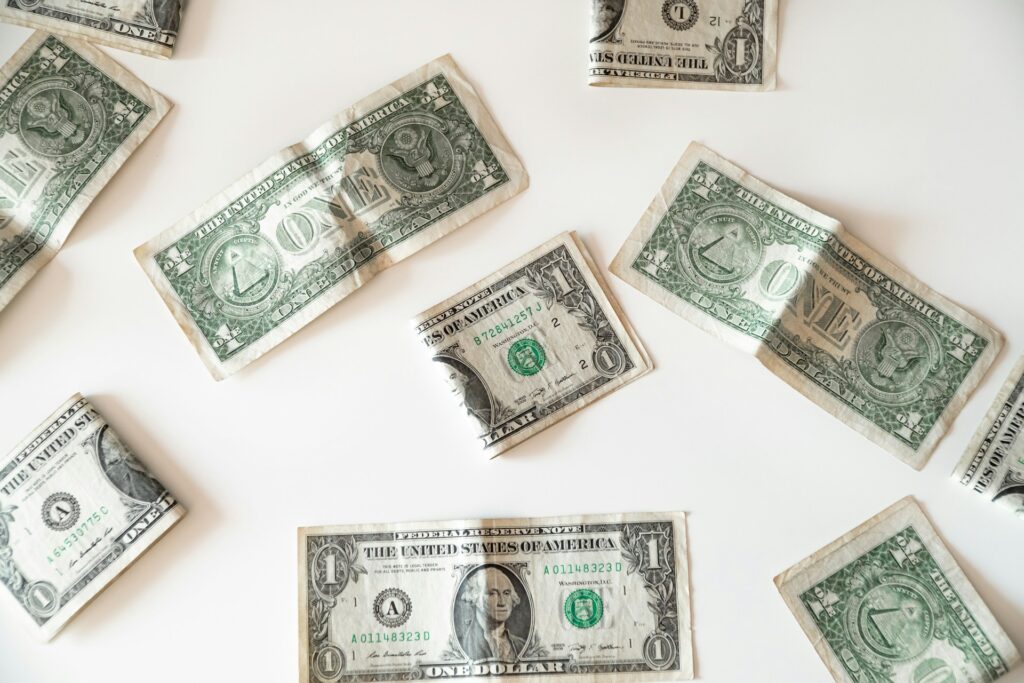Introduction: Currency exchange rates play 3500 yen to usd a pivotal role in international trade, finance, and tourism. The JPY to USD exchange rate reflects the value of one Japanese Yen in terms of US Dollars. Fluctuations in this exchange rate can impact the cost of goods and services, investment returns, and overall economic stability.
Define the Currency Conversion Topic
The conversion from 3500 yen to usd is a practical example illustrating the dynamics of currency exchange.
Relevance and Importance
Understanding this conversion is vital for travelers planning their budget, 3500 yen to usd investors navigating global markets, and businesses engaging in cross-border transactions.
Why Currency Conversion Matters
Currency conversion is the process of exchanging one currency for another, 3500 yen to usd typically for purposes of trade, investment, or travel. With globalization facilitating cross-border transactions, individuals and businesses frequently encounter the need to convert currencies. Whether you’re planning a vacation abroad, conducting international business, or investing in foreign markets, understanding the intricacies of currency conversion is essential for making informed decisions and maximizing value.
Historical Context
To comprehend the current state of the 3500 yen to usd exchange rate, it’s essential to explore its historical trajectory.
Post-War Era
Following World War II, Japan underwent significant economic reconstruction, leading to the establishment of the modern Japanese Yen in 1953.
Bretton Woods System
The Bretton Woods Agreement in 1944 pegged the Japanese Yen to the US Dollar at an initial rate of 360 Yen per USD, laying the foundation for future exchange rate dynamics.
Current Exchange Rate
As of [current date], the exchange rate stands at [current exchange rate] Japanese Yen to 1 US Dollar. However, exchange rates are subject to fluctuation due to various factors.
Factors Influencing Currency Exchange Rates
The value of a currency relative to another is determined by a myriad of factors, including economic indicators, geopolitical events, and market sentiment. Here are some key determinants of currency exchange rates:
Economic Indicators
- Gross Domestic Product (GDP): The overall economic output of a country influences its currency’s strength. Higher GDP growth rates often lead to appreciation of the currency.
- Inflation Rate: Countries with low inflation rates generally see an appreciation in their currency value compared to those with higher inflation.
- Interest Rates: Central bank policies, such as changes in interest rates, impact currency valuation. Higher interest rates attract foreign investment, leading to currency appreciation.
- Trade Balance: A nation’s trade balance, representing the difference between exports and imports, affects currency demand. Surplus countries tend to have stronger currencies.
Geopolitical Events
- Political Stability: Political stability and governance affect investor confidence and, consequently, currency valuation. Countries with stable governments often have stronger currencies.
- Geopolitical Tensions: Events such as wars, conflicts, or diplomatic crises can lead to volatility in currency markets, impacting exchange rates.
Market Sentiment
- Speculation: Market speculation and investor sentiment play a significant role in short-term currency fluctuations. Positive sentiment can drive currency appreciation, while negative sentiment may lead to depreciation.
- Market Intervention: Central banks and governments may intervene in currency markets to stabilize exchange rates or achieve specific economic objectives.
Economic Indicators
Key economic indicators, such as GDP growth, inflation rates, and trade balances, influence currency valuations. For instance, a robust Japanese economy relative to the US may strengthen the Yen against the Dollar.
Central Bank Policies
Monetary policies implemented by the Bank of Japan (BOJ) and the Federal Reserve impact interest rates, money supply, and ultimately, currency values.
Market Sentiment
Market perception of political stability, economic growth prospects, and global events can drive speculative trading, leading to short-term fluctuations in exchange rates.
Conversion Process
Converting 3500 Japanese Yen to US Dollars involves either using currency exchange services, online platforms, or financial institutions. The amount of USD received depends on the prevailing exchange rate and any associated fees.
Practical Implications
Understanding the conversion from 3500 JPY to USD enables individuals and businesses to make informed decisions regarding travel expenses, investment opportunities, and international trade.
Conclusion
The conversion from 3500 Japanese Yen to US Dollars exemplifies the broader dynamics of currency exchange, reflecting economic fundamentals, geopolitical developments, and market sentiment. By grasping these principles, individuals can navigate the complexities of international finance with confidence.

